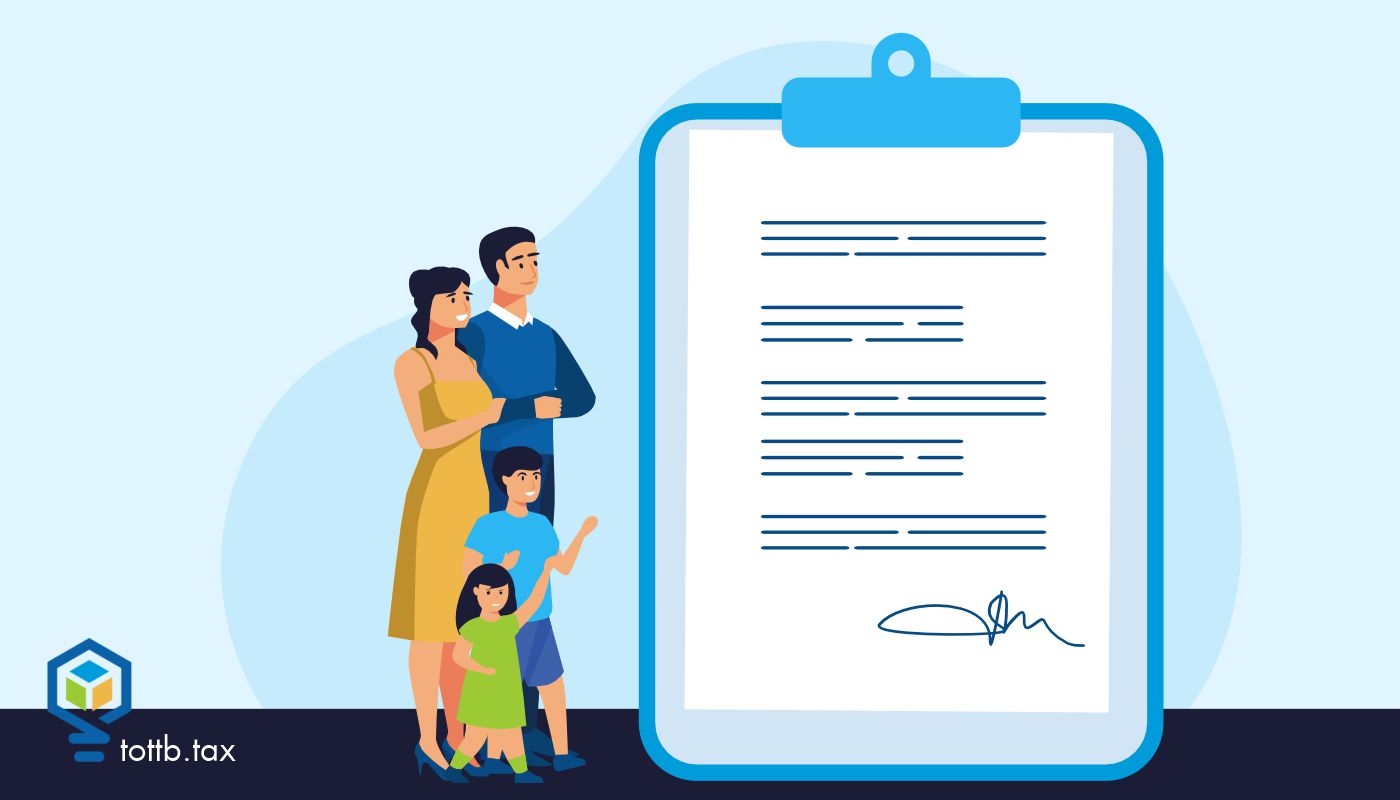LOOKING FOR LEGAL WAYS
TO REDUCE TAX?
New tax reduction strategies carefully explained and exhaustively researched every two weeks. Receive breaking news updates on tax law changes. Members only monthly AMA with TOTTB.tax.
WE PUBLISH TAX STRATEGIES FOR…
FEATURED CONTENT
How to Slash Your Property Taxes
Question: You talk a lot about reducing federal taxes, but what about other taxes? It seems like we get taxed on everything multiple times! Is this even legal? Answer: Isn’t it the truth! You may feel that your income, purchases, and belongings get taxed double, triple, and even more times. The saying goes, “nothing is certain except death and taxes.” And even when you die the same property and earnings may be taxed again. The Supreme Court even answered the question in 2015 about whether taxing the same income more than once is constitutional. In the case of Maryland v. Wynne, the 5-4 decision indicates that two states do not have the right to tax the same income. While many of the strategies discussed in Think Outside the Tax Box reduce federal taxes, most of them will reduce your state income taxes as well, depending on whether or not the state in which you pay taxes conforms to federal tax law. In addition, there are many state tax reduction strategies worth learning and implementing. However, did you know there are also tax reduction strategies for other types of taxes like property taxes? One of the oldest taxes and primary sources of revenue for states, counties, cities, schools, and fire departments comes from taxing the value of property owned within a jurisdiction. In some locations, this can include personal property as well as real estate. Like most good tax laws, property tax laws include loopholes you can use to pay less. To learn more, continue reading here.
Read MoreCURRENT EDITION

An Analysis of the OBBBA’s Trump Accounts (Part 2)
In part one of this series, I went over the basics of the new retirement accounts for minors, Trump Accounts, which were created as part of the One Big Beautiful Bill Act (OBBBA). Trump Accounts allow the Government, Charitable Organizations, Parents, and others to contribute to a child’s savings, usually on an after-tax basis. These accounts then transition to a traditional individual retirement account (IRA) when the child turns 18. Although the contribution limits act like non-deductible traditional IRA contributions and have a contribution limit of only $5,000 per year, they do not have the same earned income requirements that traditional IRA contributions have. This means that children are able to accumulate savings even without earned income. This article presents several scenarios to examine how Trump Accounts may play into an overall savings strategy for children.

Another Tax-Smart Way to Save for Retirement
Most clients are familiar with the well-known accounts to save for retirement, such as the 401(k) and IRA. Some clients might be able to supplement those with a lesser-known vehicle as well. A life insurance retirement plan (LIRP) is a type of permanent life policy with a cash value basically funded by overpaying premiums. The money can eventually be taken as a tax-free loan against the policy for anything from medical expenses and long-term care to supplemental retirement income to, for the wealthy, the payment of taxes on large estates.

Taxes & Taxidermy: Rampaging Through The Tax Code On The Back Of A Stuffed Rhinoceros
Is the taxidermy fee for a stuffed bear deductible? If so, should I depreciate it? What would the basis and class life be for depreciation? Those are real questions asked in a group chat with some colleagues. Of course my answer was “It depends.” And, like all good tax professionals, I proceeded to ask a series of follow-up questions. And, like a good writer, that got me to thinking about all of the tax-related case law surrounding taxidermy and what it can teach us—it’s more than one might think.
SIMPLIFIED TAX STRATEGIES &
PRACTICAL IMPLEMENTATION
Think Outside the Tax Box provides tax reduction strategies along with practical
implementation advice in order to reduce your clients’ federal tax bill with ease.







